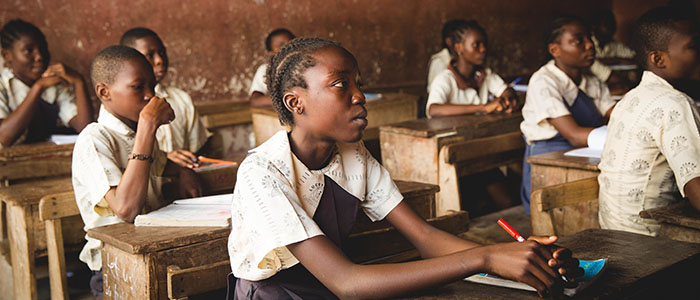
Photo by Unsplash
Name of the Asset | Education Expenditure and Outcome in Senegal
Type of Asset | Working Paper
Date | September 2009
Summary
Senegal guarantees equal access to primary education for all children and spends around 40% of its total public expenditure on education – amongst the highest in the region. This study examines the impact of education expenditures on educational outcomes. Based on information from the statistical departments of the ministries of Finance and Education, as well as from the World Bank and other national sources, the study outlines both expenditure trends and education outcomes by employing econometric analysis on time series education data, and some macrodata.
Findings show that the adult literacy rate, per capita GDP, the growth rate of GDP, education expenditure as a ratio of GDP, and educational expenditure as a ratio of total public budget all tend to have a positive impact on the gross enrollment rate. However, an increase in unit-cost per pupil tends to reduce primary school enrollment. This points to the need for redeployment, and more effective and efficient use, of existing educational resources.
Authors:
- Aloysius Ajab Amin, UN African Institute for Economic Development and Planning (IDEP)
- Tharcisse Ntilivamunda, UN African Institute for Economic Development and Planning (IDEP)
Country and/or Region | Senegal
Name of the Program | GDN’s Global Research Project ‘Institutional Capacity Strengthening of African Public Policy Institutes to Support Inclusive Growth and the MDGs’
Funder(s) | United Nations Development Programme (UNDP) Bureau for Development Policy (BDP) and Regional Bureau for Africa (RBA)
Download the Full Study here
If you cite this resource, please notify communications@gdn.int with the subject line 'GDN citation'.





